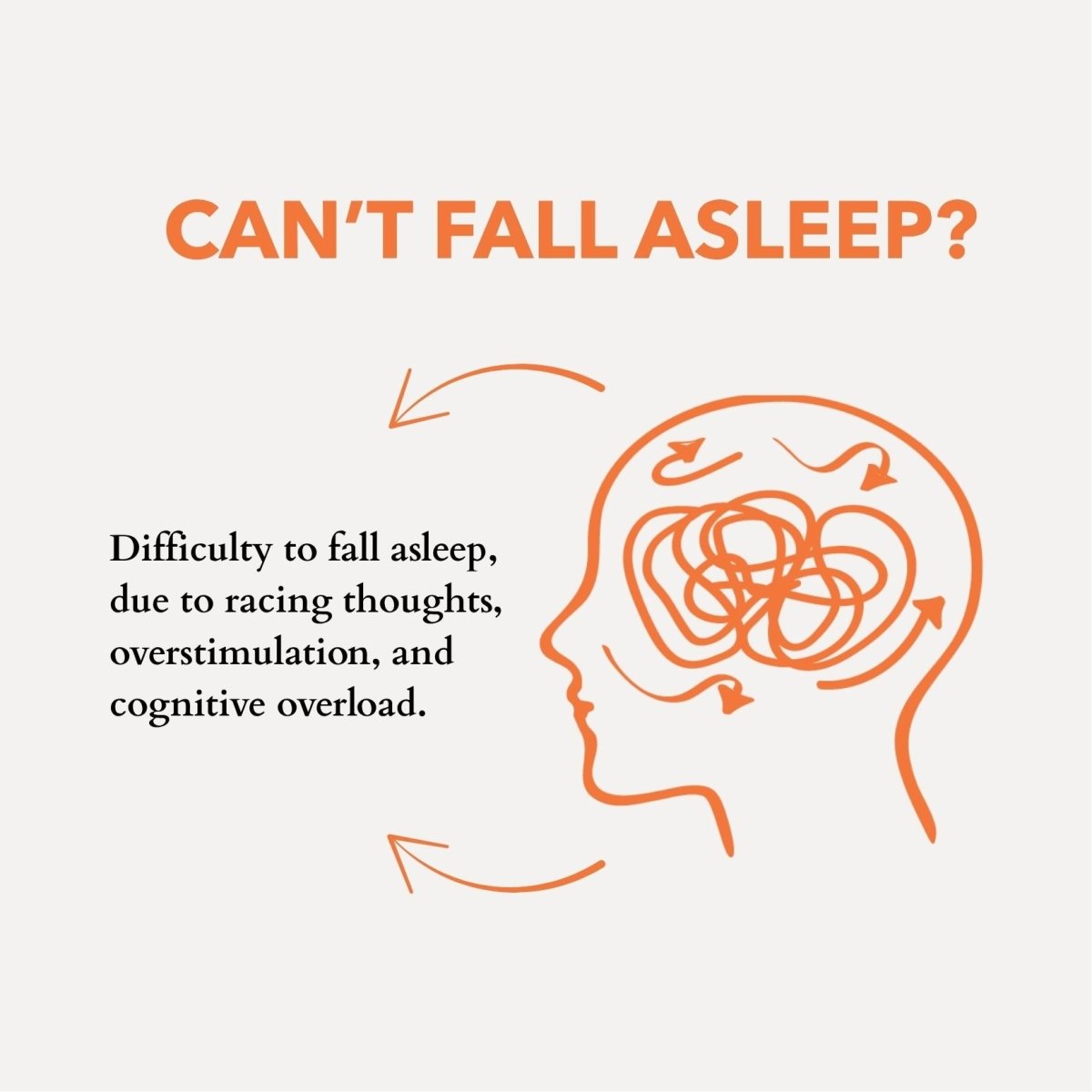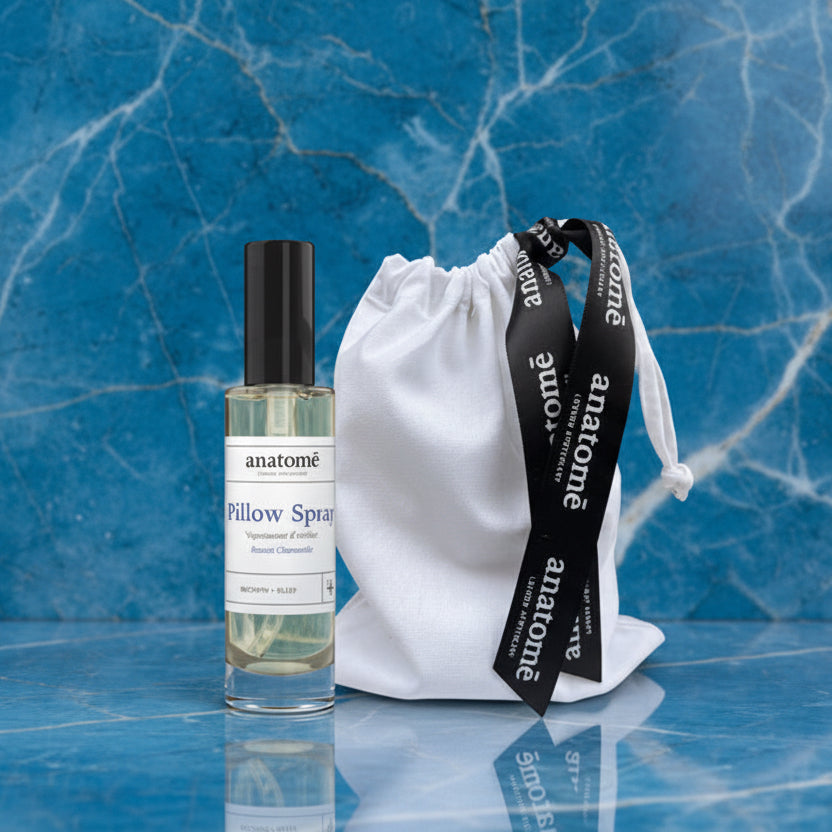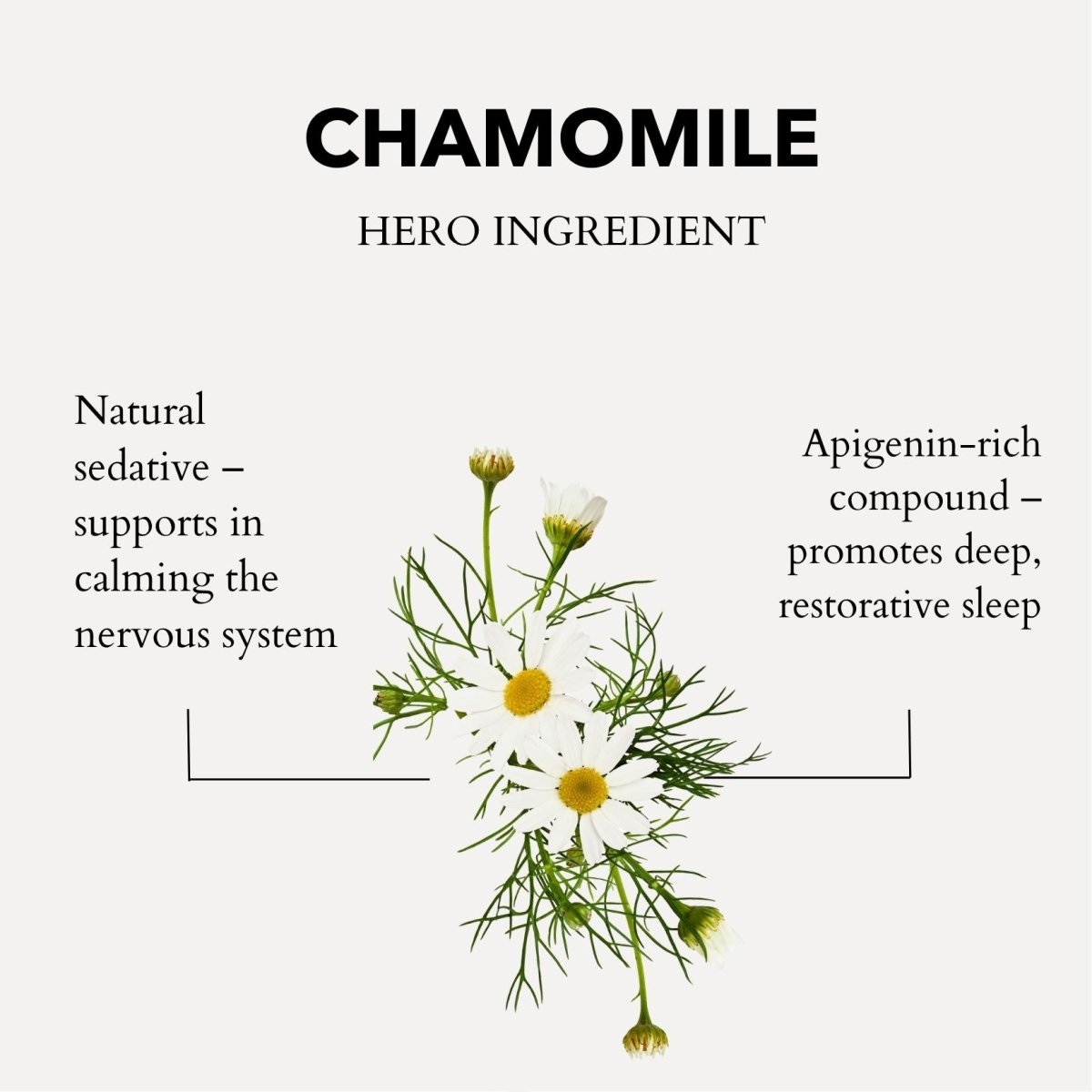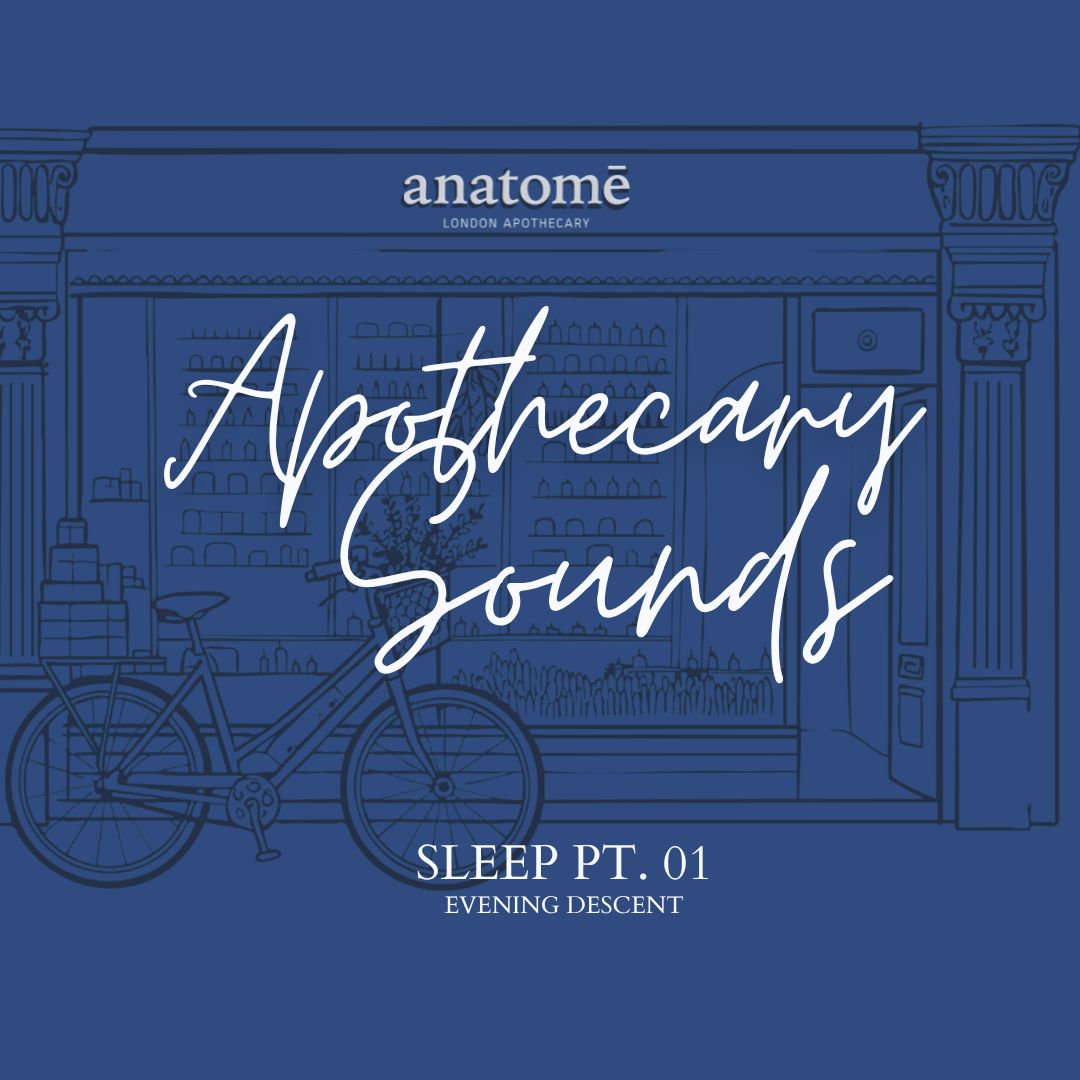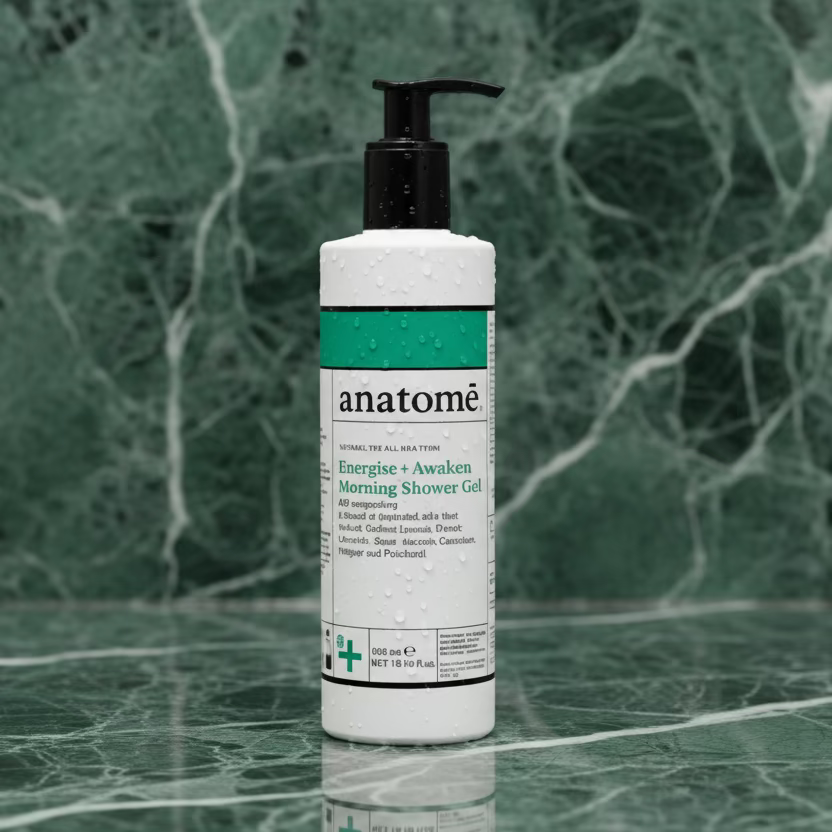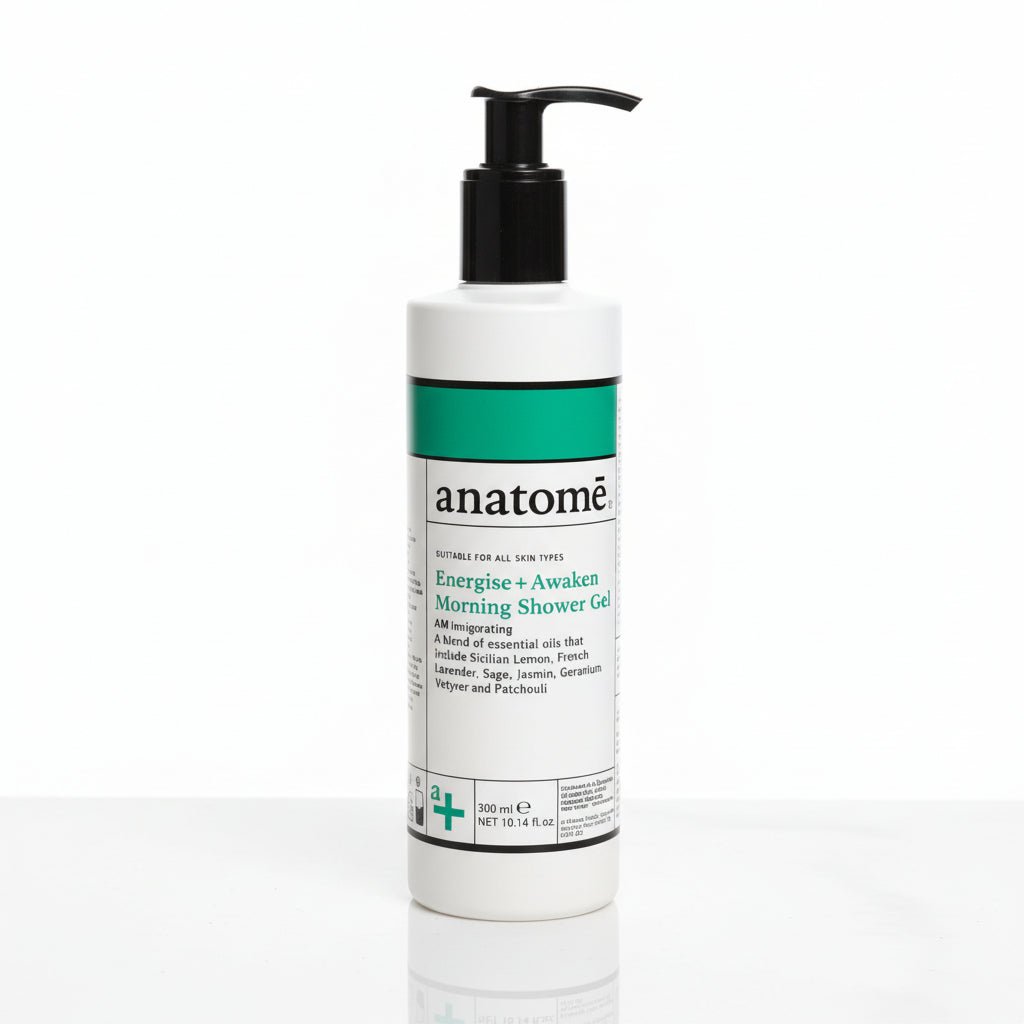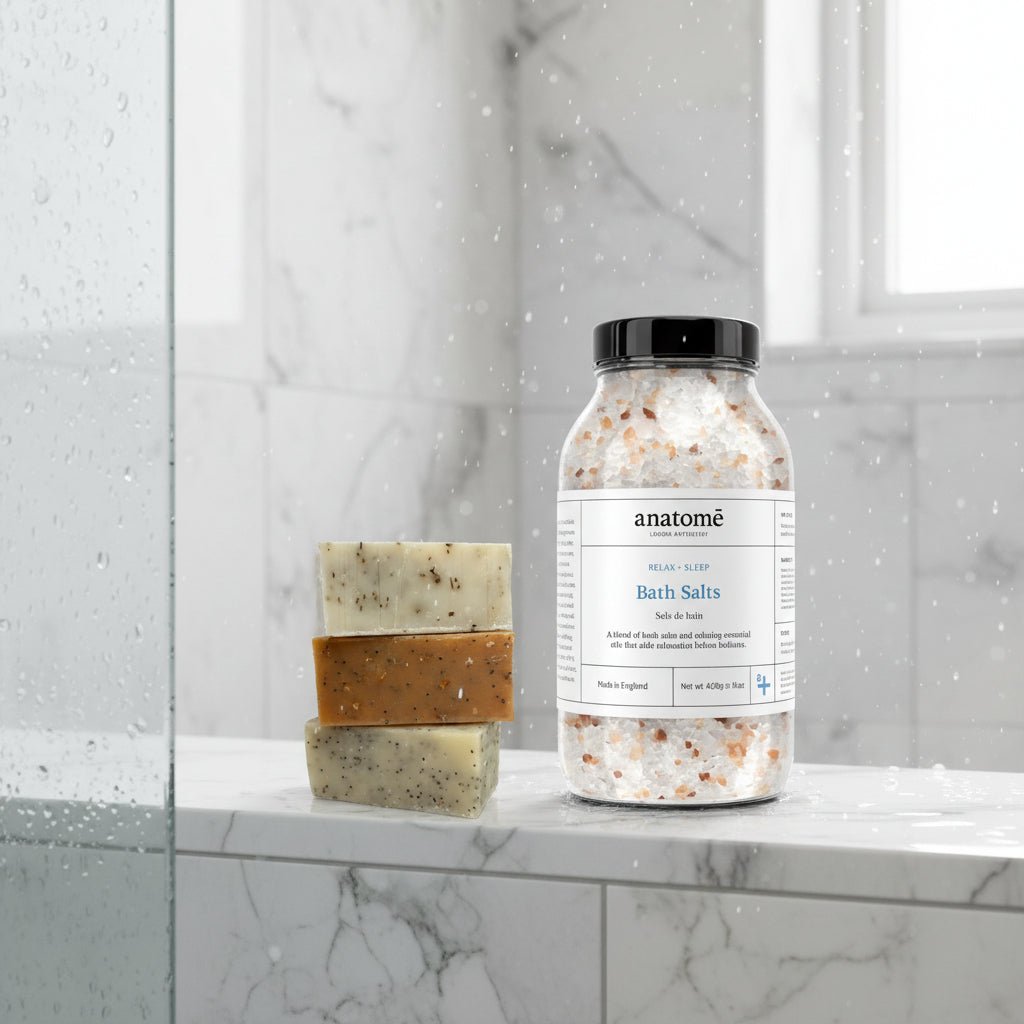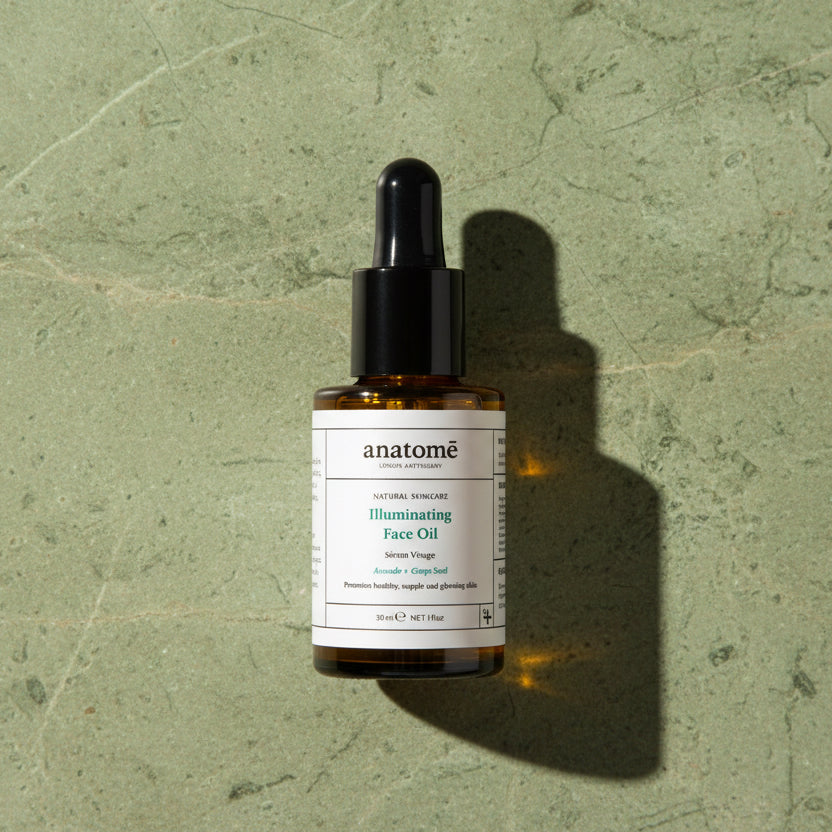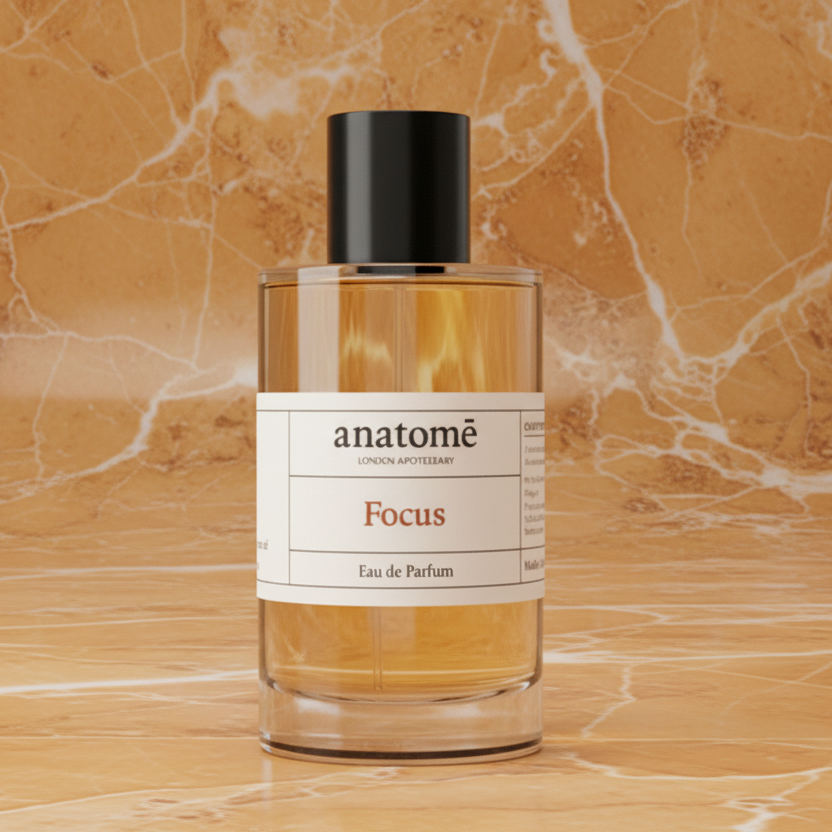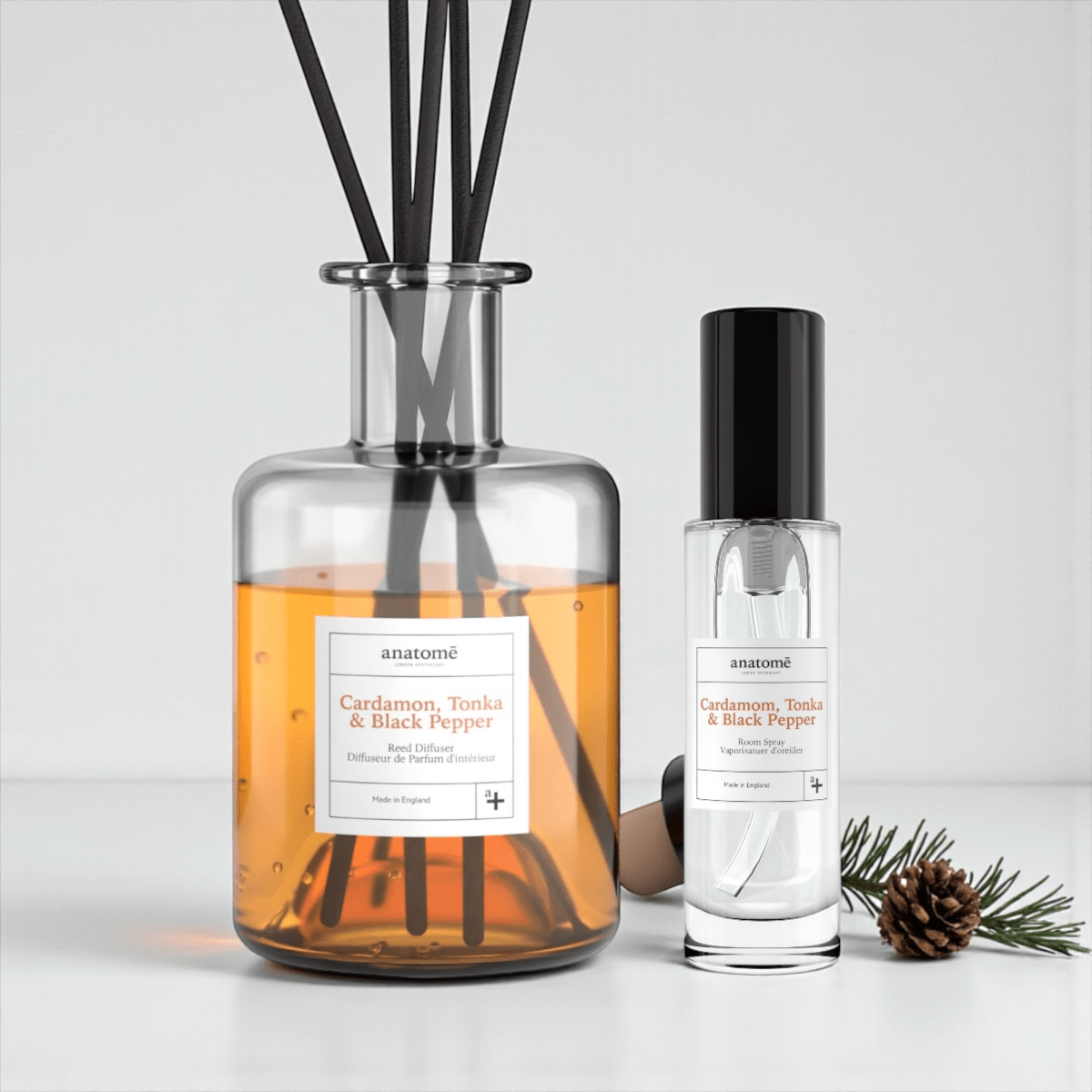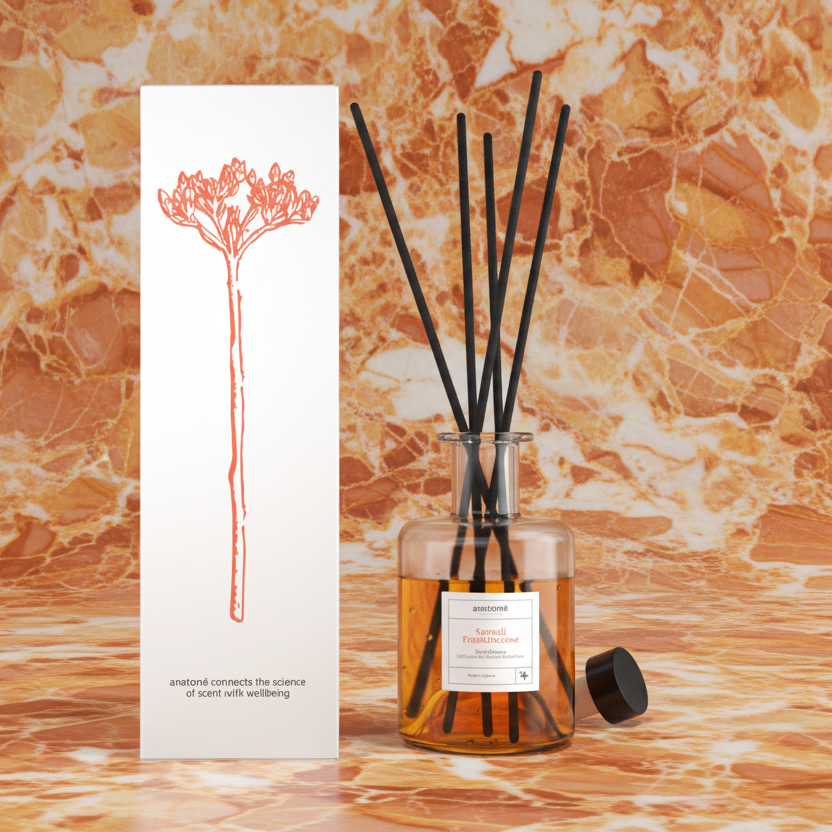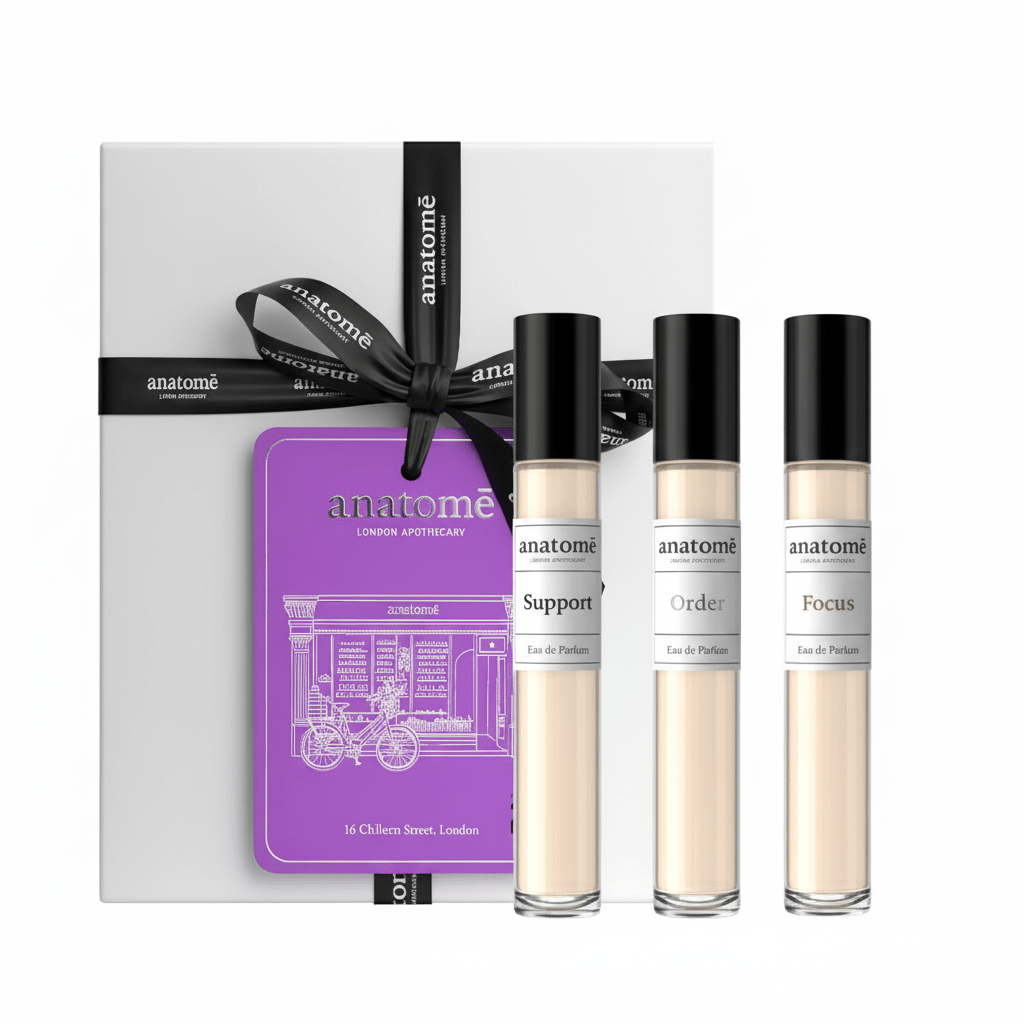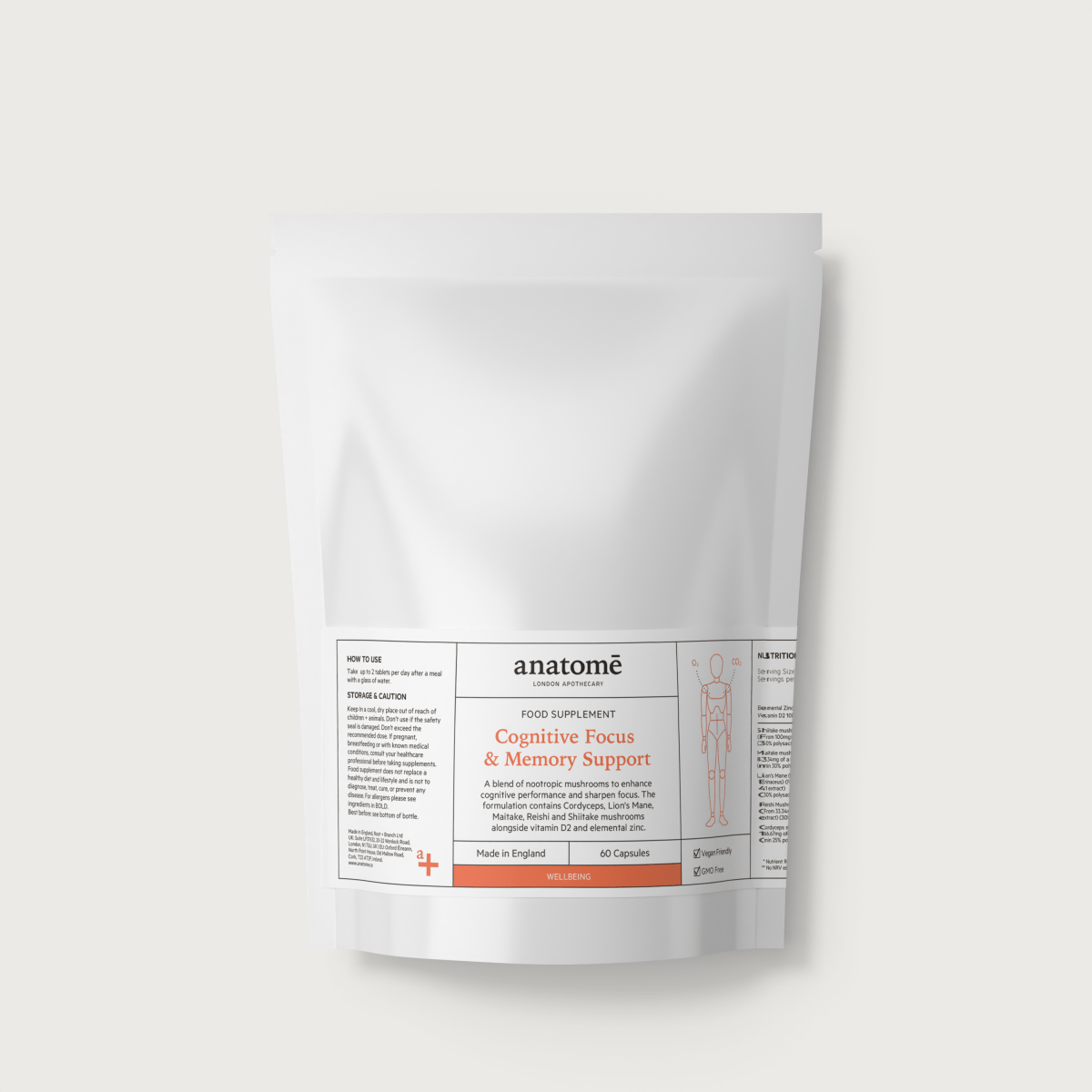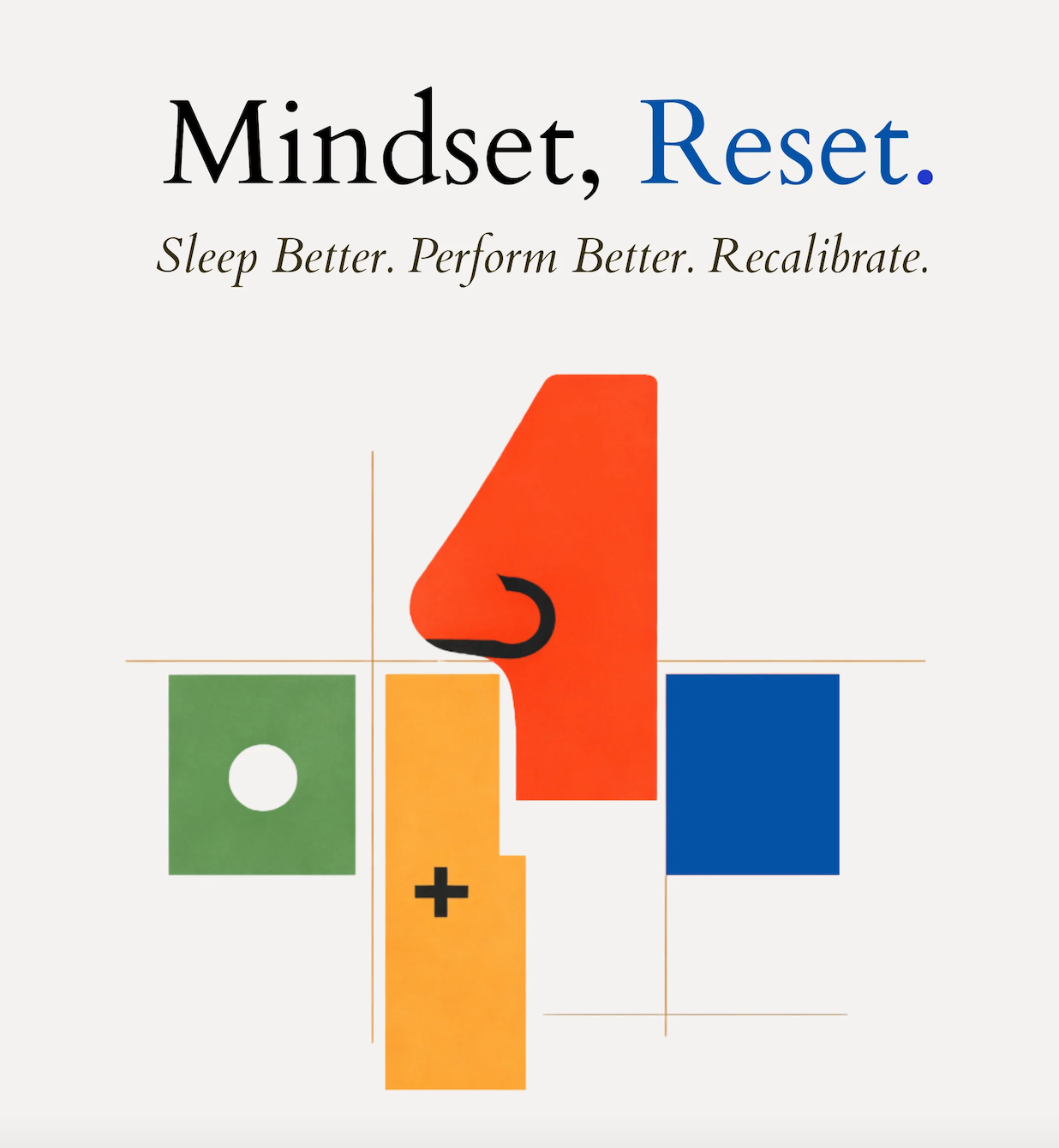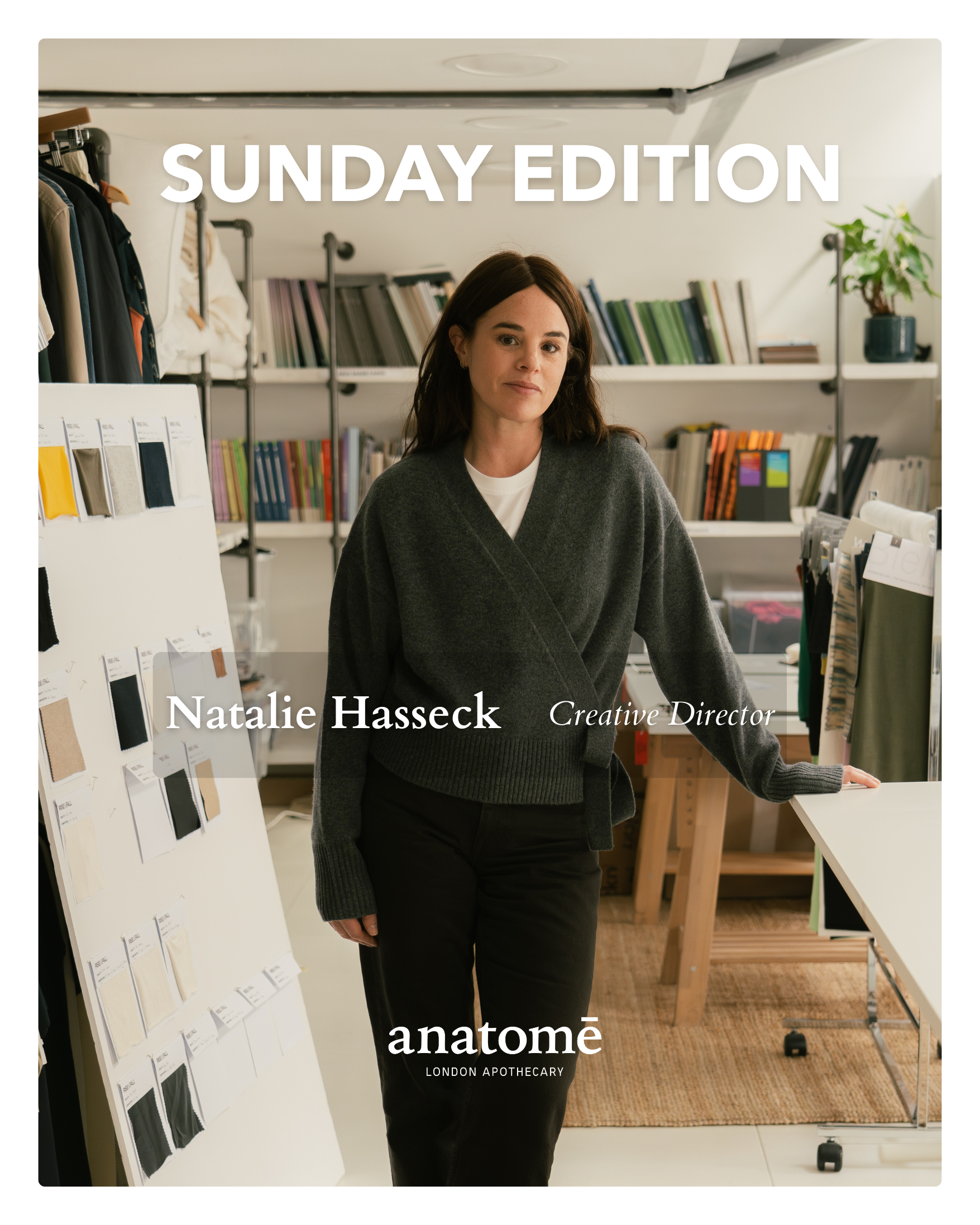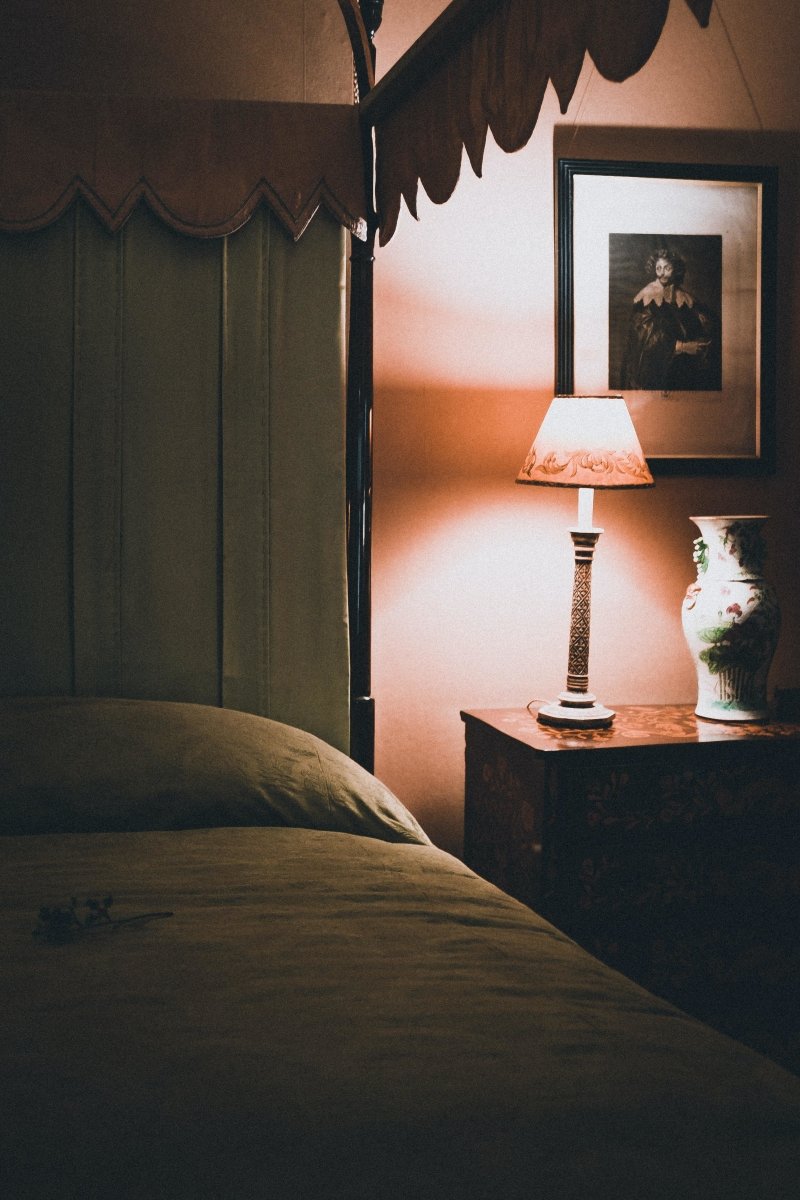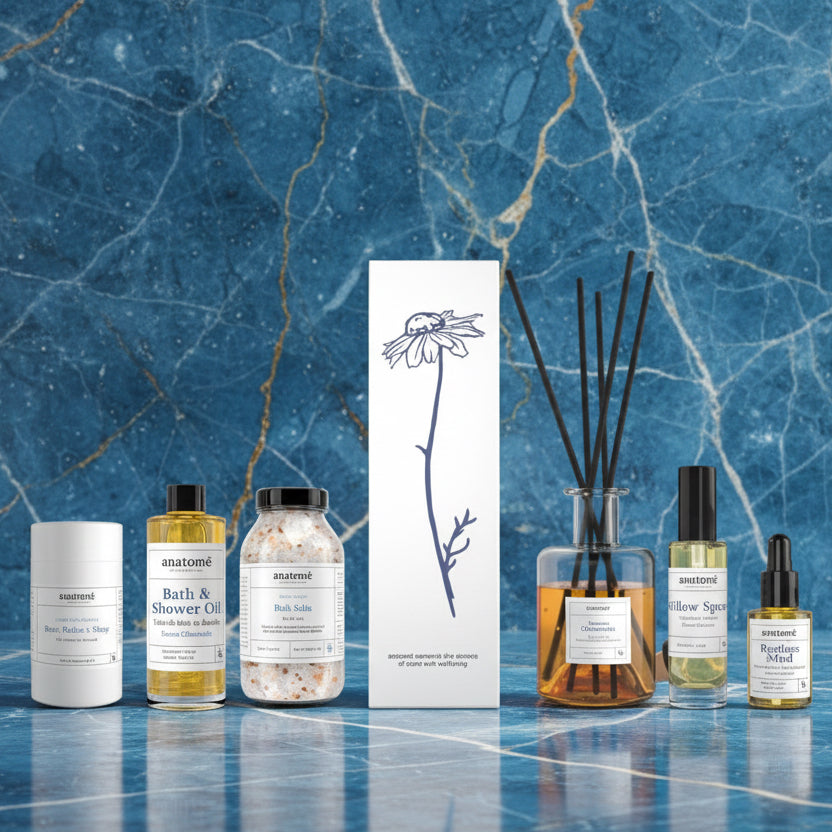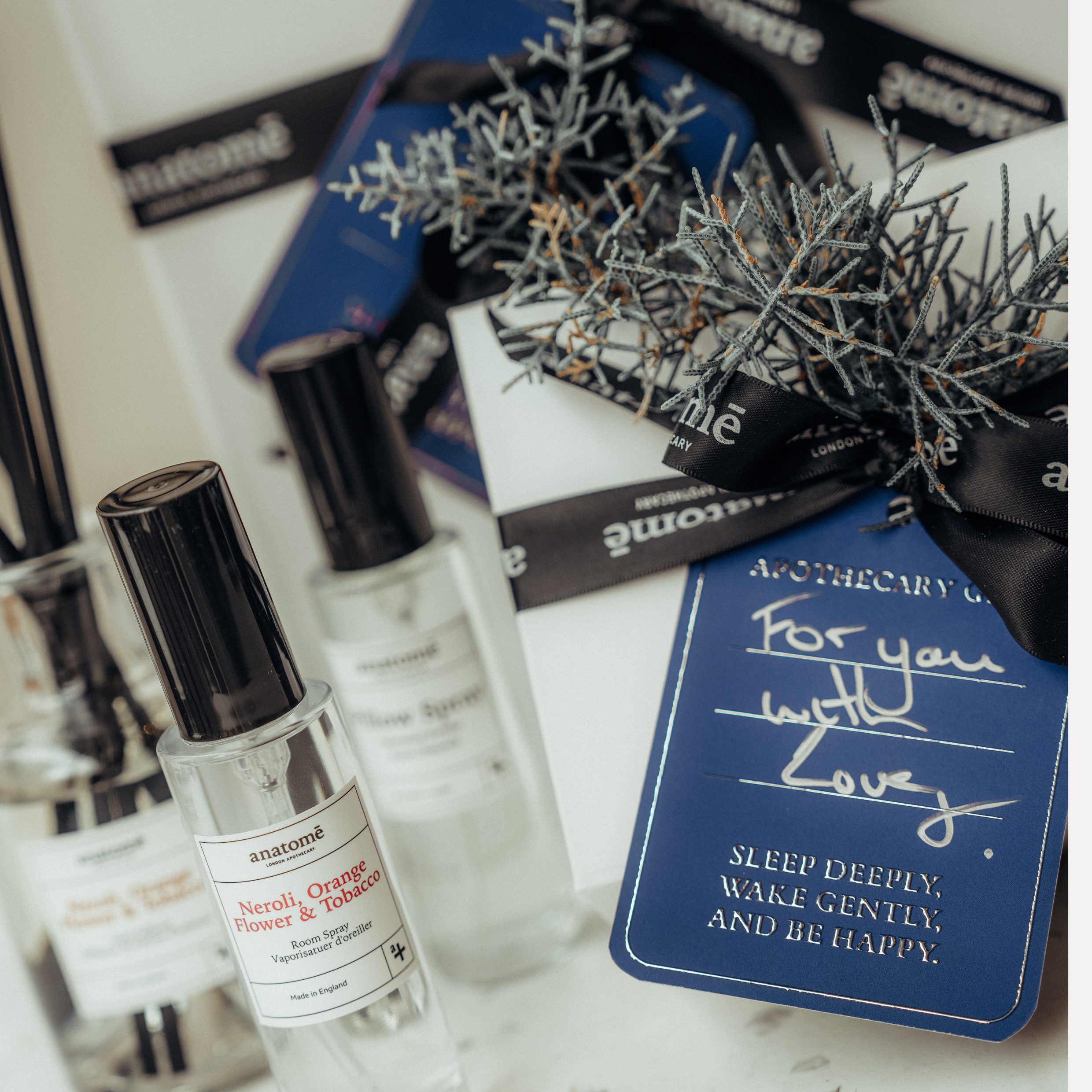Your bedroom is your primary environment for sleep, and it should only have two purposes — sleep and intimacy. Anything else can potentially have a negative effect on your sleep health. In order to help you get the best night of sleep possible, we've created a list of things you can do to make your room the best environment for a great night of sleep every single night.
Declutter
The first step of auditing a bedroom for optimal rest is to remove anything you don’t need because clutter can cause stress and anxiety (1). Imagine your brain as open tabs, every cluttering thing inside your room will open a new tab adding on more stress. Remove excessive books, electronics, unfolded laundry, exercise equipment, stacks of bills and other work. Neaten up any objects that must be left out.
Bedside tables are often used for storage. Make sure your bedside tables have cabinets or drawers to minimize visual clutter. If possible, limit the surface to a lamp, photo, book or journal and water carafe.

No Electronics
It’s best to remove electronics from your bedroom. Not just because they’re distracting, but also because their light can affect sleep. Cable boxes, digital alarm clocks, phones, iPad and other devices should not be in the space. These modern devices can light up your bedroom and interrupt your REM (Rapid Eye Movement) sleep (2). That isn’t always realistic but hiding televisions in whatever way that you can and ensuring that your room is a technology free zone is the best way to ensure that your sleep isn’t affected.
Choose the right mattress
A good night's rest may be as simple as getting a new mattress. If your mattress is too lumpy, hard, or soft, it will keep you up all night trying to get comfortable (3). There are many different types of mattresses, such as pillow, foam, innerspring, adjustable, waterbeds, and airbeds; each type has manufacturers who guarantee comfort and better sleep.
When you shop for a mattress, follow these simple steps:
- Research extensively, because this is a very important and expensive purchase.
- Once you have a mattress in mind, test out your mattress. If your mattress has a 30- or 60-day guarantee or your money back, take advantage of it. Also, don't be afraid to try out a mattress in the store by lying down on it like you would at home.
- Figure out what size you need (King, Queen, or Full), because this may be the reason you cannot sleep; a small mattress may be your issue, especially if you share a bed.

Find the right linens
One often overlooked aspect of feng shui for sleep hygiene is finding the best bed linens for your needs. Linens are rarely one size fits all – literally and figuratively. Some people get warmer than others at night; some might have more sensitive skin and need different fabric for ultimate comfort. Regardless, here are some tips for finding your best setup for restful sleep:
- Find the right material – In warmer weather, breathable fabric like cotton or bamboo with a lower thread count is ideal for helping you cool down at night. If you’re looking to trap heat in during the winter, look for a higher thread count.
- Choose your favourite weave – Not every set of bed linens are woven the same. Sateen sheets are soft and silky feeling, while percale sheets are flat and cool against the skin. Test out different weave patterns and see what feels most comfortable.
- Don’t forget to invest in your pillows – Pillows and pillowcases play a significant role in your sleep hygiene. The wrong pillow can impact your back and spinal alignment, and the wrong pillowcase can lead to breakouts and wrinkles.
- Wash bedding regularly – A vital part of your clean, balanced sleep environment is clean sheets. To ensure comfort and that your skin and hair health isn’t jeopardised while you rest, try to wash your linens weekly.
While your sleeping space’s look and aesthetic value are important, what’s more important is the materials’ quality and cleanliness.

Scent the space
Essential oils can be great for improving sleep. Not only will introducing a nightly scent help you to enforce the habit of going to sleep at the same time, therefore training your brain that it is time to sleep, but it’s been proven that essential oils can help to improve sleep. A review of studies ranging from 1990 to 2012 performed by the University of Minnesota has shown that the, “inhalation of essential oils may be a safe alternative to pharmaceutical interventions for mild to moderate sleep disturbances,”(7). Additionally, a study conducted by researchers in Korea found that essential oils can help improve sleep quality in adults, even ones that have inconsistent sleep schedules like nurses (8). The best essential oils for sleeping are:
- Lavender, due to its relaxing properties from the main constituents of the plant: linalool, linalyl acetate, 1,8-cineole B-ocimene, terpinen-4-ol, and camphor (9).
- Frankincense, due to the amount of terpenes found in the botanical, which have been proven to decrease cortisol levels (9).
- Chamomile, due to its effect on the GABA transmitter in the brain, which helps to provide a sedative effect (10).
- Seaweed, due to its polyphenols, a constituent that has been proven to reduce sleep latency (11).

Use relaxing colors
Soothing colours can encourage a good night's sleep. Bright, vibrant colours aren't recommended in a bedroom, especially if you have trouble sleeping. Instead, use calm, soothing colours like muted blues, greens, and pastels, which are more peaceful and calm (12). If you still would like to incorporate bright colours in your bedroom, use them as accents on your pillows or within artwork.
With how personal our bedrooms are to us, there is no right or wrong way to set up your bedroom, but if you’re suffering from poor sleep consistently, it’s worth making a few changes to encourage better sleep.
References:
- http://jfa.arch.metu.edu.tr/archive/0258-5316/1976/cilt02/sayi_2/205-214.pdf
- https://www.ncbi.nlm.nih.gov/pmc/articles/PMC6191085/
- https://europepmc.org/article/med/12799934
-
https://www.houzz.co.uk/
magazine/10-tips-for-choosing- the-perfect-bed-linen- stsetivw-vs~51830567 - https://pubmed.ncbi.nlm.nih.gov/24720812/
- https://pubmed.ncbi.nlm.nih.gov/28077825/
- https://pubmed.ncbi.nlm.nih.gov/31582666/
- https://www.ncbi.nlm.nih.gov/pmc/articles/PMC2995283/
- https://www.ncbi.nlm.nih.gov/pmc/articles/PMC5983271/#:~:text=Triphlorethol%20A%2C%20a%20Dietary%20Polyphenol,Eye%20Move
- https://www.alaskasleep.com/blog/the-best-and-worst-bedroom-colors-for-sleep


